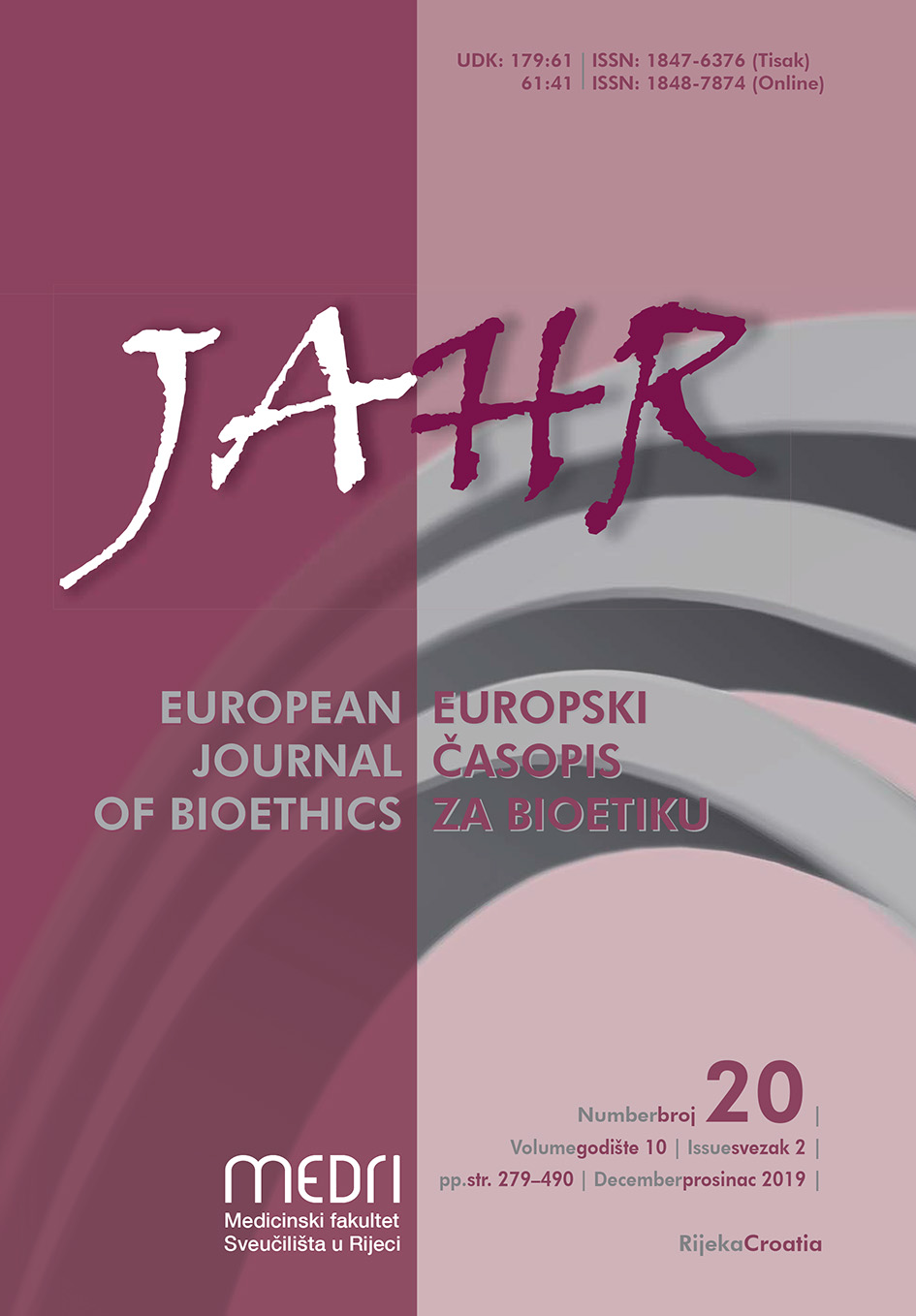An Ethical View on International Trade Agreements TTIP and CETA in the Republic of Croatia
Keywords:
International trade agreements, TTIP, CETA, Croatia, philosophy, theology, challenges.Abstract
https://doi.org/10.21860/j.10.2.6
The topic of TTIP and CETA was almost completely suppressed in Croatia. Those are very important international agreements which could have far-reaching consequences both for the world and individual countries. Maybe Croatia, as well as the EU, is not so much involved in the whole story concerning TTIP. However, CETA is an agreement signed by Canada with the European Union. Terefore, after the approval of the European Parliament, EU provisions, such as the customs policy, can immediately start to apply, which means abolishing duty rates for 99% of the products as early as 1 January 2017. The decision on the CETA conclusion on behalf of Croatia was initiated by the technical Government of Tihomir Orešković at its last session. The superfcial interpretation of these certainly not harmless agreements is
of too little interest to both philosophers and theologians in Croatia, and except for the Centre of Excellence for Integrative Bioethics’ reaction concerning this question, other philosophical-theological discussions seem to be lacking. Te impression is that philosophers and theologians feel these issues do not concern them. In this paper we will try to make
clear that the above-mentioned international agreements concern both philosophers and theologians, and that they certainly should, from their feld, from the theoretical level, engage in the discussion of the said agreements.
Downloads
Published
Issue
Section
License
Authors who publish with this journal agree to the following terms:
- Authors retain copyright and grant the journal right of first publication with the work simultaneously licensed under a Creative Commons Attribution License that allows others to share the work with an acknowledgement of the work's authorship and initial publication in this journal.
- Authors are able to enter into separate, additional contractual arrangements for the non-exclusive distribution of the journal's published version of the work (e.g., post it to an institutional repository or publish it in a book), with an acknowledgement of its initial publication in this journal.
- Authors are permitted and encouraged to post their work online (e.g., in institutional repositories or on their website) prior to and during the submission process, as it can lead to productive exchanges, as well as earlier and greater citation of published work (See The Effect of Open Access).



